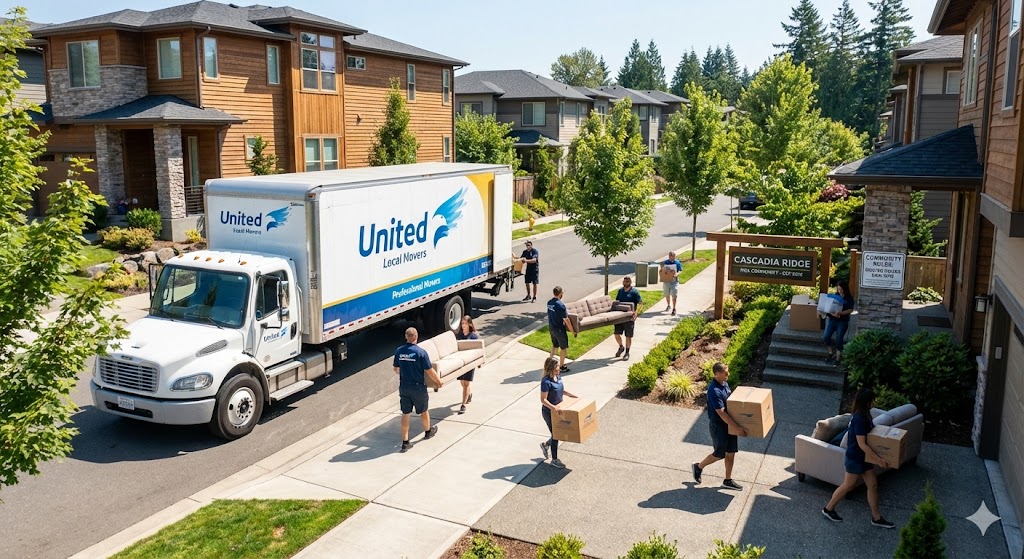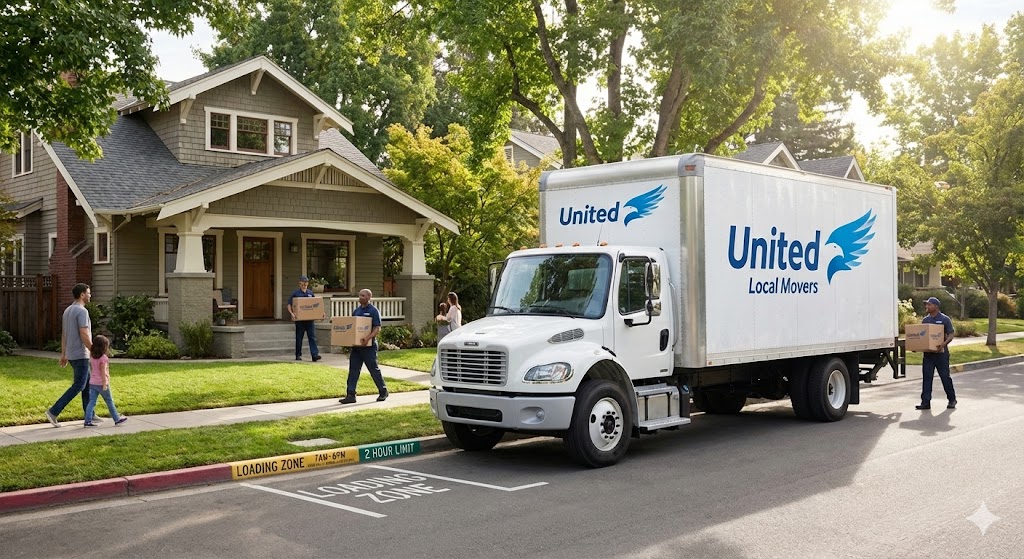Relocating to a new area often brings excitement, fresh opportunities, and cultural enrichment—but it can also come with one big challenge: the language barrier. Whether you’re moving to a region where a different language is spoken or your neighbors have limited English proficiency, communication issues can impact everything from setting up utilities to meeting new people. In this article, we’ll share practical tips for overcoming language barriers during a move—and how United Local Movers helps clients adapt quickly, no matter where life takes them.
Why Language Barriers Matter During a Move
Even simple tasks can become complicated when you’re unfamiliar with the local language. From signing rental agreements and understanding traffic signs to communicating with service providers or neighbors, language gaps may create confusion, delay services, and cause stress—especially during the already hectic moving process.
Common Scenarios Where Language Is a Barrier
- Reading and completing paperwork for utilities or leases
- Communicating with landlords, service techs, or building managers
- Navigating local signage, transportation systems, and laws
- Making new connections in the neighborhood or workplace
Being prepared can turn these challenges into manageable learning curves.
How to Prepare Before the Move
The earlier you prepare, the easier the adjustment. Here’s how to get started:
- Research the dominant language and local dialects in your new area.
- Download translation apps like Google Translate, iTranslate, or Microsoft Translator for quick reference.
- Create a phrasebook with key terms for housing, groceries, emergencies, and transportation.
- Label your belongings in both languages to speed up unpacking and orientation.
Tech Tools That Help
Modern tech makes communication across languages more accessible than ever. Use these tools daily:
- Google Lens: Translate printed signs or instructions using your phone camera.
- Voice Translator apps: Have live, two-way conversations with locals or service staff.
- Language learning platforms: Duolingo, Babbel, or Rosetta Stone offer bite-sized lessons to build confidence over time.
- Navigation apps in your preferred language: Use Waze or Google Maps with language settings adjusted to help avoid confusion while exploring.
Dealing with Official Documents
If you’re signing rental agreements, insurance policies, or contracts in a foreign language, consider:
- Bringing a bilingual friend or relative to important meetings
- Hiring a professional translator for critical documents
- Asking landlords or vendors for an English version (many companies offer bilingual forms)
Building Local Support
One of the best ways to adapt is to build a local network:
- Join Facebook or Meetup groups for expats or language learners in your new city
- Find a community center that offers language support or cultural orientation
- Talk to neighbors and make casual conversations—even small talk helps with language practice
How United Local Movers Eases the Transition
At United Local Movers, we’ve worked with clients from all over the world, and we understand the stress language differences can bring. That’s why we offer:
- Clear communication with multilingual support staff
- Translated instructions and checklists upon request
- Patient, professional movers who know how to work with international clients
- Flexible coordination methods (text, email, video chat) for ease of understanding
We’re here to ensure your move is not just successful—but comfortable, too.
Encouraging Confidence and Progress
Language learning takes time, but small efforts go a long way. Celebrate progress like ordering food in the local language or successfully completing a phone call. Be kind to yourself and stay consistent.
Final Thoughts
Moving to a new area with language differences doesn’t have to feel isolating or overwhelming. With preparation, the right tools, and support from United Local Movers, you can turn the challenge into a rewarding part of your relocation journey. New language, new connections—and a fresh start with confidence.



